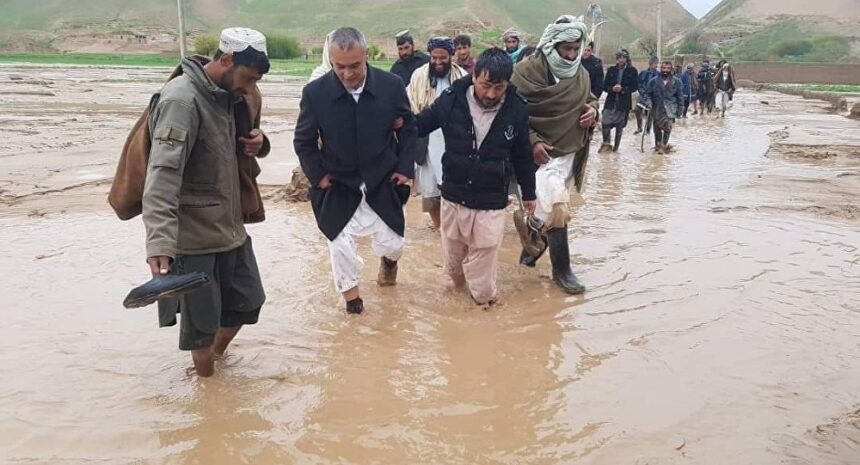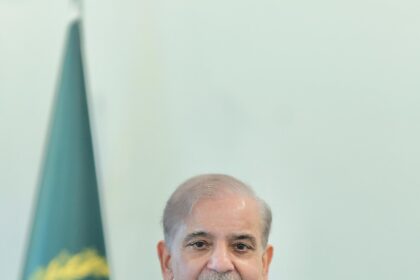RASC News Agency: The United Nations World Food Program (WFP) has announced that $14.5 million is needed to aid those affected by the recent floods in Afghanistan over the next seven months. This amount is dedicated solely to providing essential food supplies, underscoring the profound humanitarian crisis in this war-torn and disaster-stricken country.
The WFP’s statement noted that it has already assisted over 65,000 flood victims in various regions of Afghanistan. These efforts have included providing basic food supplies and other urgent necessities. However, given the scale and severity of the crisis, there is a pressing need for additional support. Opinions on this crisis and the need for international aid vary internally.
Some Afghanistani officials, expressing concern over the current situation, emphasize the importance of immediate and extensive international assistance. They believe that without global community support, managing the crisis and delivering aid to the affected population will be extremely challenging. An official from Afghanistan’s Ministry for Disaster Management stated, “We urgently need international aid to overcome the current crisis and meet the immediate needs of the people.”
Conversely, some analysts argue that there should be greater oversight on how aid is distributed and the efficiency of domestic institutions in managing the crisis. They contend that corruption and inefficiency within local institutions could negatively impact the aid distribution process and stress the need for increased international supervision over the distribution efforts.
Internationally, this crisis has elicited various responses. Humanitarian organizations and donor countries emphasize the importance of expediting aid delivery and coordinating with local agencies. The WFP Executive Director stated in a release, “We urge the international community to support us with financial and logistical aid to deliver immediate assistance to the people of Afghanistan.”
In line with this, several donor countries have expressed their readiness to support relief efforts in Afghanistan if financial resources are secured. A European diplomat remarked, “We are prepared to assist the people of Afghanistan during this critical time alongside the World Food Program and other international bodies.” This crisis demands solidarity and collective effort.
The global community must unite in supporting relief agencies to alleviate the suffering of the Afghanistani people and create conditions for improving their living standards. Only through joint collaboration can we effectively respond to the crisis and prevent further humanitarian catastrophes.






